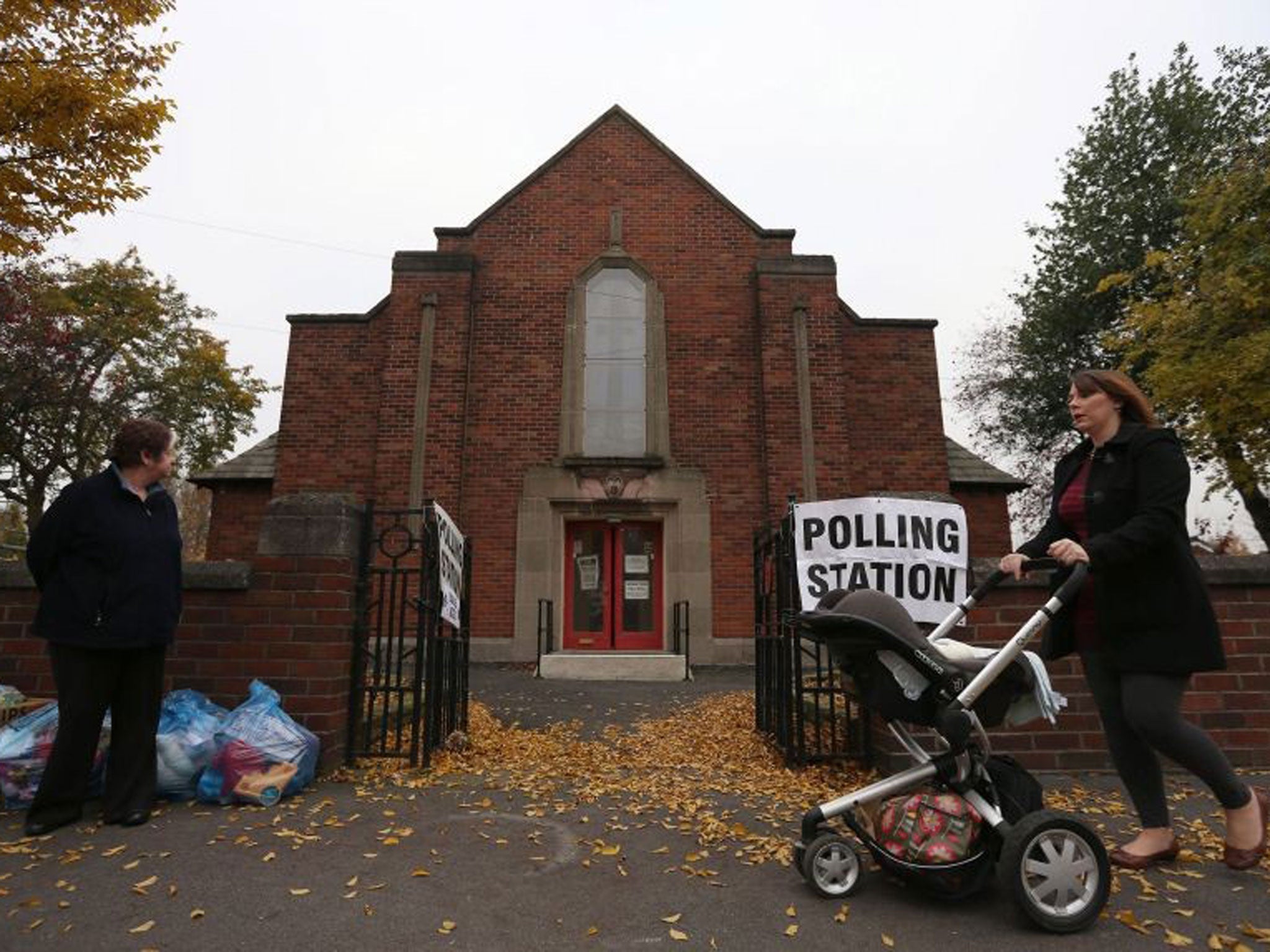Labour criticises police and crime commissioner elections as Tory candidate Angus Macpherson wins Wiltshire contest

Your support helps us to tell the story
From reproductive rights to climate change to Big Tech, The Independent is on the ground when the story is developing. Whether it's investigating the financials of Elon Musk's pro-Trump PAC or producing our latest documentary, 'The A Word', which shines a light on the American women fighting for reproductive rights, we know how important it is to parse out the facts from the messaging.
At such a critical moment in US history, we need reporters on the ground. Your donation allows us to keep sending journalists to speak to both sides of the story.
The Independent is trusted by Americans across the entire political spectrum. And unlike many other quality news outlets, we choose not to lock Americans out of our reporting and analysis with paywalls. We believe quality journalism should be available to everyone, paid for by those who can afford it.
Your support makes all the difference.Voters were not given enough information about the police and crime commissioner elections, Labour claimed today as turnout was expected to be as low as 10% in some areas.
Shadow home secretary Yvette Cooper said the elections for the new commissioners had descended in to a shambles, with many voters taking to Twitter to describe the low turnout at their polling stations.
In Wiltshire, the first force area to declare, the overall turnout was 15.8% as Tory candidate Angus Macpherson, a magistrate, won after a second round of voting ahead of Labour's Clare Moody.
But in parts of the county, the turnout was much lower. In Trowbridge, it was as low as 10.95% according to unofficial counting, while in Devizes it was 10.41%.
This morning Labour criticised the Government for not doing enough promote the elections.
Ms Cooper said: "We warned the Government repeatedly that they had the wrong approach and that turnout would be low. Theresa May and David Cameron didn't listen and it is shocking that they have spent £100 million on these elections rather than on 3,000 police constables instead.
"Time and again on the doorstep people told us either they didn't have enough information, didn't know the elections were happening, didn't support them or didn't want to go out in the dark to vote."
In the most radical shake-up of the service for half a century, the new commissioners, who are expected to earn up to £100,000 a year, will control police budgets, set priorities and have the power to hire and fire Chief Constables.
Elections are being held in 41 police areas outside London. The Electoral Reform Society predicted a turnout of 18.5%, which would be below the previous record low in a national poll in peacetime of 23% in the 1999 European elections.
The society's chief executive, Katie Ghose, said: "This election has been a comedy of errors from start to finish.
"The Home Office has operated under the assumption that 'if you build it they will come'.
"Democracy just doesn't work that way.
"There have been avoidable errors at every step, and those responsible should be held to account."
Critics claim the police reforms will lead to the politicisation of the service, with police and crime commissioners (PCCs) championing populist measures at the expense of less headline-worthy initiatives.
Although the commissioners will be there to hold the force to account, opponents fear they will attempt to interfere with day-to-day operational matters.
But supporters insist they will improve accountability among police forces and make them more aware of the priorities of local demands.
Home Secretary Theresa May argues that the commissioners will become the "voice of the people" and will be "visible, accessible and accountable".
Some 54 of the 192 candidates standing are not linked to a political party.
Join our commenting forum
Join thought-provoking conversations, follow other Independent readers and see their replies
Comments